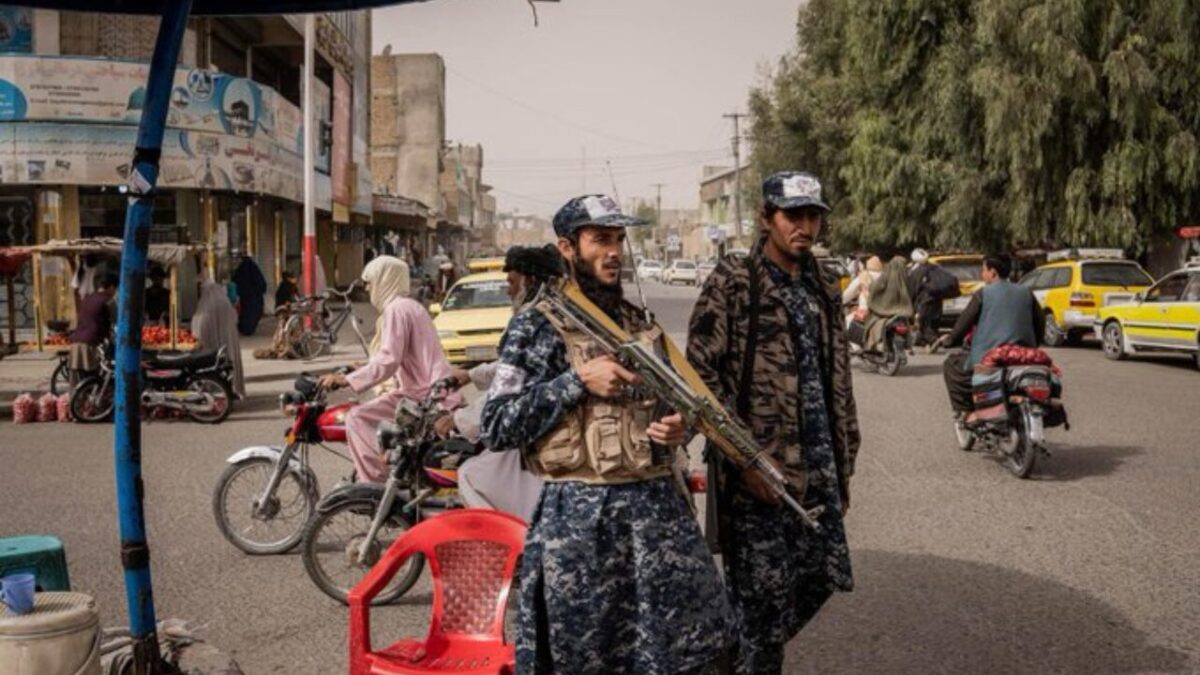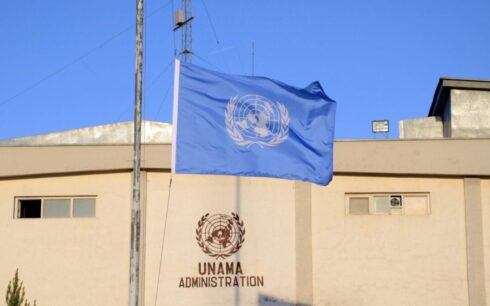WASHINGTON — The U.S. Institute for Peace (USIP) noted in an analysis that despite Afghanistan no longer being in an official state of war, the Taliban’s “grip on power has made the prospects of seeing real, positive peace appear faint.”
In an analysis by Joyana Richer and Belquis Ahmadi, USIP stated that while the war is officially over, Afghanistan is not at peace.
The authors argued that although the Taliban are responsible for creating an environment that allows the Afghan people to reconcile their differences and begin the process of healing deep wounds, they continue to brutally suppress dissent, implementing harsh punishments, detentions, and torture for those who oppose their ideology.
They emphasized that the people of Afghanistan should not be forced to choose between their fundamental rights and safety from violence.
“They deserve a chance to live with dignity, to have their rights respected and guaranteed, to rebuild their lives, and to have influence over their own future or that of their government,” the analysis stated.
The analysis further highlighted Afghanistan’s diverse and vibrant population, consisting of numerous ethnic and cultural identities.
“Afghanistan’s future cannot and should not be dictated by any singular group,” the analysis concluded.
The USIP stated that the U.S. engagement of the Taliban should prioritize principled, outcome-driven approaches.
“In doing so, our guiding principle should be to avoid causing harm to women and men who are exercising their right to find true peace and live free from persecution and oppression from the Taliban,” the analysis cited.





